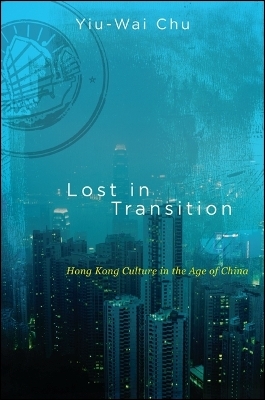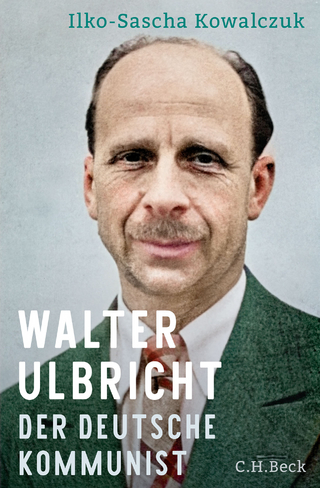
Lost in Transition
Hong Kong Culture in the Age of China
Seiten
2014
State University of New York Press (Verlag)
978-1-4384-4646-2 (ISBN)
State University of New York Press (Verlag)
978-1-4384-4646-2 (ISBN)
Looks at the fate of Hong Kong’s unique culture since its reversion to China.
In this timely and insightful book, Yiu-Wai Chu takes stock of Hong Kong's culture since its transition to a Special Administrative Region of the People's Republic of China in 1997. Hong Kong had long functioned as the capitalist and democratic stepping stone to China for much of the world. Its highly original popular culture was well known in Chinese communities, and its renowned film industry enjoyed worldwide audiences and far-reaching artistic influence.
Chu argues that Hong Kong's culture was "lost in transition" when it tried to affirm its international visibility and retain the status quo after 1997. In an era when China welcomed outsiders and became the world's most rapidly developing economy, Hong Kong's special position as a capitalist outpost was no longer a privilege. By drawing on various cultural discourses, such as film, popular music, and politics of everyday life, Chu provides an informative and critical analysis of the impact of China's ascendency on the notion of "One Country, Two Cultures." Hong Kong can no longer function as a bridge between China and the world, writes Chu, and must now define itself from global, local, and national perspectives.
In this timely and insightful book, Yiu-Wai Chu takes stock of Hong Kong's culture since its transition to a Special Administrative Region of the People's Republic of China in 1997. Hong Kong had long functioned as the capitalist and democratic stepping stone to China for much of the world. Its highly original popular culture was well known in Chinese communities, and its renowned film industry enjoyed worldwide audiences and far-reaching artistic influence.
Chu argues that Hong Kong's culture was "lost in transition" when it tried to affirm its international visibility and retain the status quo after 1997. In an era when China welcomed outsiders and became the world's most rapidly developing economy, Hong Kong's special position as a capitalist outpost was no longer a privilege. By drawing on various cultural discourses, such as film, popular music, and politics of everyday life, Chu provides an informative and critical analysis of the impact of China's ascendency on the notion of "One Country, Two Cultures." Hong Kong can no longer function as a bridge between China and the world, writes Chu, and must now define itself from global, local, and national perspectives.
Yiu-Wai Chu is Director of the Hong Kong Studies Program and Professor of Modern Languages and Cultures at the University of Hong Kong. He has published several books, including (with Eva Kit-Wah Man) Contemporary Asian Modernities: Transnationality, Interculturality, and Hybridity.
Acknowledgments
1. Introduction
2. The Rise of China and Its Soft Power: Chineseness Reconfigured in the Age of Global Modernity
3. Central Distract Values: Or, the Donaldization of Hong Kong Society
4. Brand Hong Kong: Asia’s World City as Method?
5. One Country, Two Cultures? Hong Kong Cinema and/as Chinese Cinema
6. Who Sings Hong Kong? Remapping Cantopop in the Global Era
7. Conclusion: Toward a New Hong Kong
Notes
References
Index
| Erscheint lt. Verlag | 2.1.2014 |
|---|---|
| Reihe/Serie | SUNY series in Global Modernity |
| Zusatzinfo | Total Illustrations: 2 |
| Verlagsort | Albany, NY |
| Sprache | englisch |
| Maße | 152 x 229 mm |
| Gewicht | 327 g |
| Themenwelt | Kunst / Musik / Theater |
| Geschichte ► Allgemeine Geschichte ► Zeitgeschichte | |
| Geisteswissenschaften ► Geschichte ► Regional- / Ländergeschichte | |
| ISBN-10 | 1-4384-4646-2 / 1438446462 |
| ISBN-13 | 978-1-4384-4646-2 / 9781438446462 |
| Zustand | Neuware |
| Haben Sie eine Frage zum Produkt? |
Mehr entdecken
aus dem Bereich
aus dem Bereich
Gewalt, Umwelt, Identität, Methode
Buch | Softcover (2024)
Spector Books OHG (Verlag)
36,00 €


